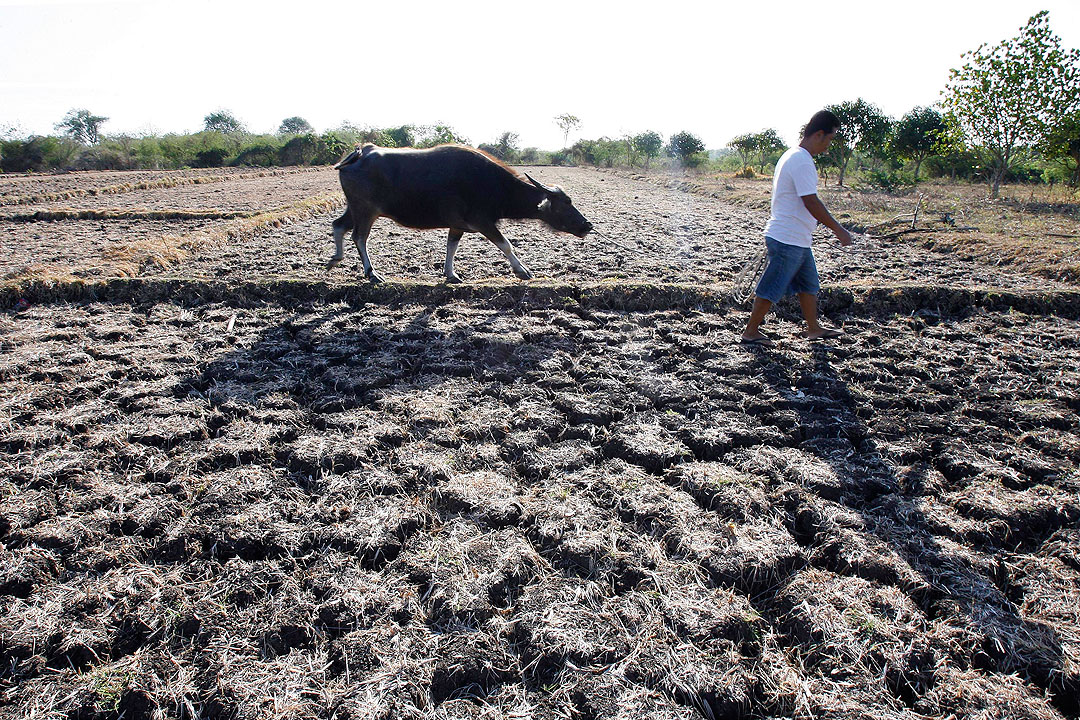
THE RISK posed by El Niño on regional rice markets puts the Philippines at the most risk among the major economies of the Association of Southeast Asian Nations (ASEAN), DBS Bank said.
DBS Bank said in a report issued by economists Chua Han Teng and Radhika Rao: “The region is a mix of rice producers (Thailand and Vietnam), and importers (Indonesia, Philippines, and Singapore), with the latter group more at risk, if weather conditions materially impact rice output.”
According to the government weather service, known as PAGASA (Philippine Atmospheric, Geophysical and Astronomical Services Administration), El Niño conditions are likely to run until 2024, possibly producing below-normal rainfall.
“With El Niño now expected to strengthen towards late 2023 and early 2024, concerns are that the winter and spring paddy production could be impacted, in a region which is one of the biggest consumers of the grain,” DBS Bank said.
The bank said that food is the most heavily weighted item in the basket of goods used to measure Philippine inflation.
“Growth-inflation risks are determined by the high weighting of food in the inflation basket and cereal import dependency, compared to the contribution of the agriculture (and allied) sector to overall GDP (gross domestic product) as well as the proportion of employed in the sector,” it said.
Philippine inflation slowed for a sixth straight month in July to 4.7% from 5.4% in June. In the first seven months, inflation averaged 6.8%, still exceeding the 5.4% forecast issued by the central bank.
Food inflation declined to 6.3% in July from 6.7% in June. However, growth in the rice price sub-index accelerated to 4.2% from 3.6% a month prior.
“Dry and warm conditions, besides a delay in rainfall due to a potential dialing up in El Niño severity, poses the most direct threat to the ASEAN-6’s agriculture sector,” DBS Bank said.
India, Thailand, and Vietnam account for more than half of global rice exports.
India, the world’s largest rice exporter, has banned exports of non-basmati white rice. This has driven global prices of grain higher while amplifying the shortages of the commodity. Thailand has also urged its farmers to conserve water and switch to less water-intensive crops.
Bangko Sentral ng Pilipinas Governor Eli M. Remolona has said that the government is watching out for El Niño’s impact on Vietnam, the Philippines’ leading overseas rice supplier.
“For now, Vietnam supplies are on track, with (Hanoi) expecting to exceed its target of rice exports in 2023 without compromising domestic supplies,” DBS Bank said.
The bank noted how National Governments in the region have been proactive in mitigating the impact of El Niño.
This includes upgraded irrigation systems, stepping up imports of cereals, stricter action against hoarding, and effective research into drought-resistant crops and vulnerable crops.
“The Philippine government also plans to extend reduced import tariffs on rice and other commodities beyond 2023 to ease inflationary pressures,” the bank said.
Finance Secretary Benjamin E. Diokno has said that the government is considering a further extension of the validity period of an executive order which had reduced the Most Favored Nation tariff rates on pork, corn, rice and coal. — Keisha B. Ta-asan



